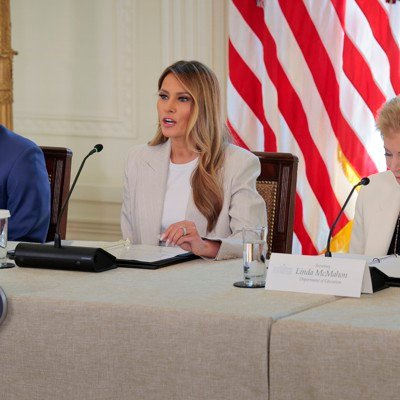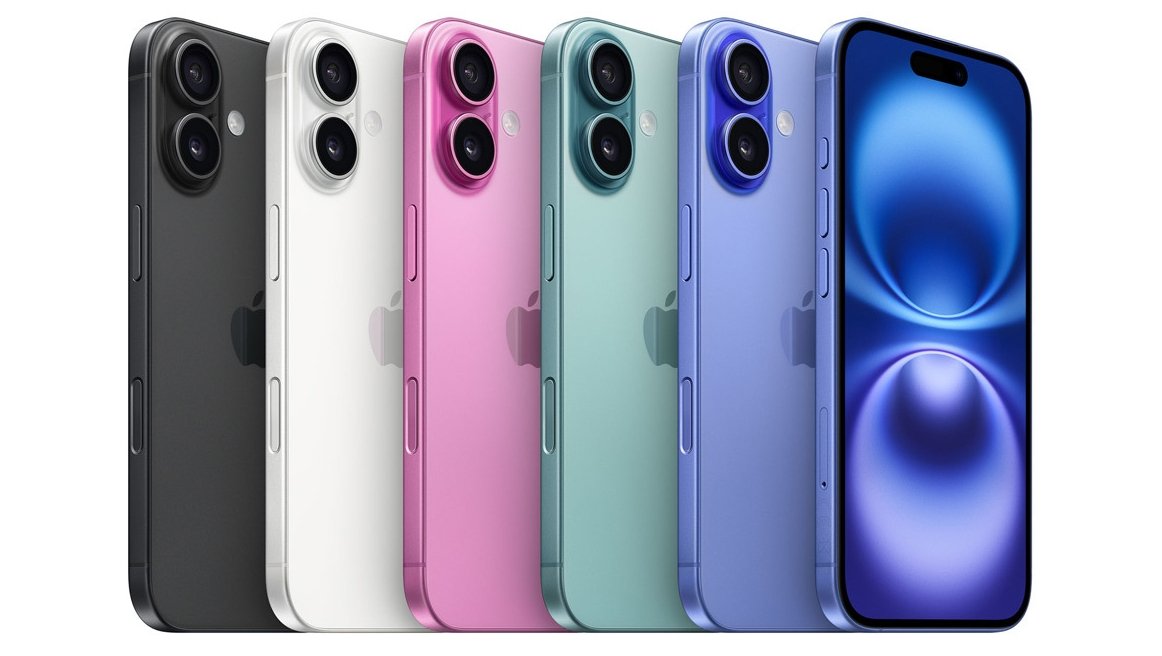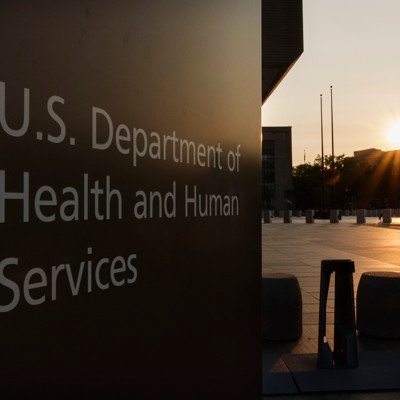First Lady Melania Trump and multiple cabinet leaders on Thursday unveiled the next steps in the White House’s Presidential AI Challenge — a program mandated in an April executive order and launched Aug. 26 — and how the Trump administration is planning to keep the U.S. at the forefront of AI innovation and education.
The remarks were made at the second White House Task Force on Artificial Intelligence Education meeting and were accompanied by pledges from government agencies and the private sector to advance AI education, as mandated by the order.
“We are here today to talk about our future in the most real sense imaginable: how America’s children can be prepared to build our country tomorrow with the cutting edge tools of today,” White House Office of Science and Technology Policy Director Michael Kratsios said during the meeting. “We are proud and grateful to announce new steps in fulfilling the mission of this task force and the president’s vision for this AI challenge.”
Those upcoming steps include the release of toolkits, webinars, classroom guides and more, as well as agency action items intended to help cultivate a strong American foundation in AI education within academia and the workforce. These include sector-specific, applied AI training materials and ways to incorporate AI in American classrooms.
“Our goal is to empower states and schools to begin exploring AI integration in a way that works best for their communities,” Education Secretary Linda McMahon said during the meeting. “Ed is fully aligned with the Presidential AI Challenge, and is encouraging students and educators to explore AI technologies with curiosity and with creativity. It’s not one of those things to be afraid of. Let’s embrace it.”
Secretary of Agriculture Brooke Rollins spotlighted the expansive partnerships between the agency and external entities to bring AI systems into agrarian workflows.
“Far too often for those living and working in our rural parts of our country, that often those are left behind and do not always have the same access to the most recent technological innovations that our urban counterparts across the country do,” Rollins said. “We cannot let that happen with AI.”
USDA will focus on bringing AI systems into agricultural workflows and education, particularly for predictive analyses based on existing agriculture knowledge and data. Sensor systems, robotics and automation are all areas that are slated to modernize the agricultural industry, with help from private sector partners like Microsoft and academia, including Iowa State University and Texas State University.
Secretary of Labor Lori Chavez-DeRemer said her agency is expanding AI access and literacy through several vehicles — notably via apprenticeship opportunities, part of Labor and Commerce’s joint Talent Strategy that was released earlier in August.
“On-the-job training programs will help fill the mortgage paying jobs that AI will create, while also enhancing the unique skills required to succeed in various industries,” Chavez-DeRemer said. “Expanding these opportunities is a key component of our strategy to reach the president’s goal of 1 million new, active apprentices across the United States.”
Chavez-DeRemer also previewed pending partnerships to help disseminate AI education and training materials across the country, along with future best practices for effective AI literacy training.
Several private sector companies were also in attendance to explain their commitments towards supporting the initiative, noting that developing and expanding AI education is necessary to keep up with the demands of the growing AI-centric labor market. Alphabet CEO Sundar Pichai and IBM CEO Arvind Krishna announced their companies’ individual billion- and million-dollar commitments, respectively, to bolster AI education within academia and the existing workforce.
“This is all in the service of helping the next generation to solve problems, fuel innovation and build an incredible future,” Pichai said. “These are all goals we all share. We are incredibly thankful for the partnership and the leadership from the first lady, the president and the administration, and for showing us the way.”
The updates to the Presidential AI Challenge reflect the Trump administration’s no-holds-barred approach to both incorporating AI and machine learning into the government and ensuring the U.S. will lead in new AI technologies at the global level.




